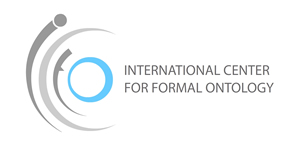Warsaw Spacetime Colloquium: Sean Carroll (26 February on Zoom)
On Friday, 26 February, Sean Carroll (Caltech) will give a talk entitled “From Quantum Mechanics to Spacetime” (abstract below). The meeting will take place online on Zoom (17:00-19:00 CET). If you have not registered yet, you can do so by sending a message to antonio.vassallo@pw.edu.pl. The recordings of the previous meetings are available on the ICFO’s YouTube channel. Abstract: Nine decades in, the foundations of quantum mechanics remain mysterious. Meanwhile, modern physicists puzzle over how to reconcile quantum mechanics with gravity. I will suggest that these problems are related, and that a promising…continue reading →
